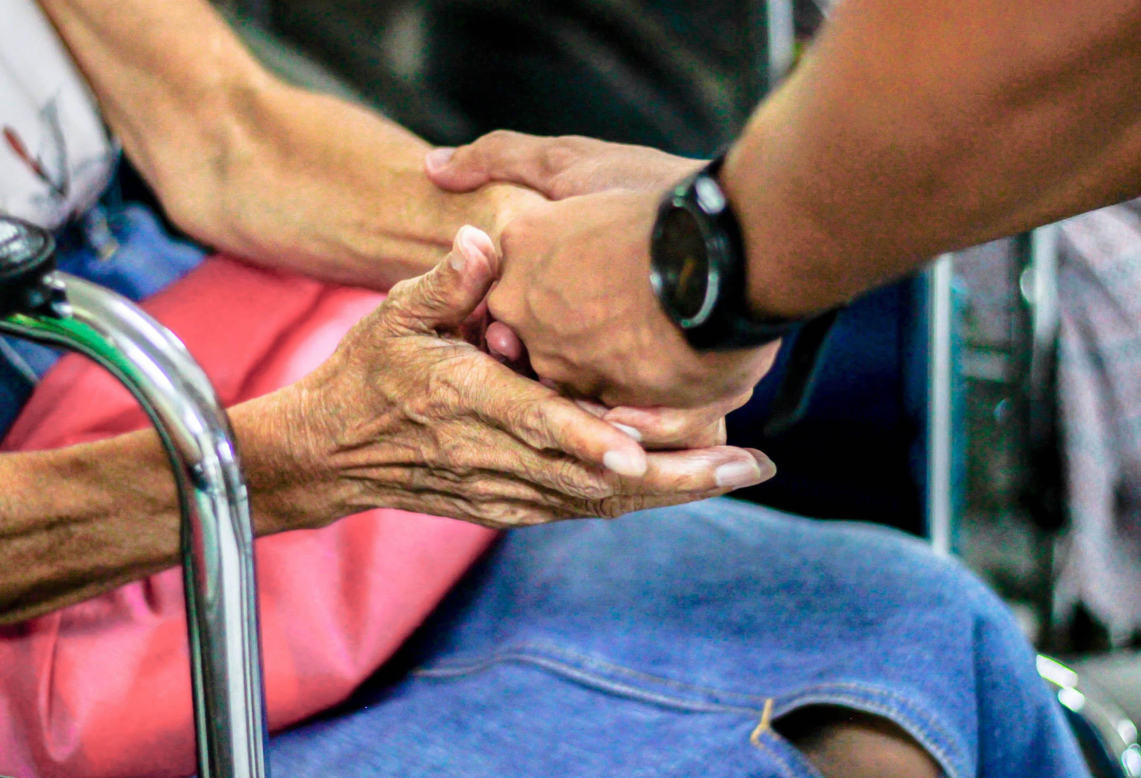A friend of mine has become a caregiver for her husband, who has Parkinson’s disease. How can she take care of him without jeopardizing her own physical and mental health? How can I help her?
By Wendy Haaf
A good starting point would be to look into what support might be available to her. “Find out if there’s a Parkinson’s society in your friend’s area and see if she’s connected with it,” says Ana Meger-Hoeft, a Canadian Certified Counsellor with Butterfly Counselling Services in Spruce Park, Alta. These organizations offer a wide range of resources and services, such as peer-to-peer support for people with Parkinson’s disease as well as their care partners. Regional or provincial groups for caregivers can also be a useful source of information and support: you can find a list of these at canadiancaregiving.org.
Researching support organizations can provide you with a good opportunity to learn more about the condition. You’ll also gain a better understanding of your friend’s position and such things as how her schedule might be “somewhat dictated by her partner’s symptoms,” says Madelaine Ross, a registered psychiatric nurse and part-time counsellor with Parkinson Society British Columbia in Vancouver.
Checking in regularly with your friend—even by text—can help head off the isolation caregivers commonly experience. It’s best that you take the initiative, though, since a care provider may not have the energy or mental bandwidth to do so. “It’s important for friends to keep up that connection, just as when someone is going through grief over a long period,” Ross says. Indeed, your friend may well be grieving how her role in her relationship with her partner has changed.
Similarly, make the effort to arrange outings to do activities your friend enjoys. You can give her a break from day-to-day stresses by “getting her out to go for a coffee or do something fun you used to do together,” Meger-Hoeft says. Going for a walk outdoors can provide a mental and emotional pick-me-up, too.
Rather than putting the onus on your friend to ask for practical help, you can offer to do specific tasks, whether that’s dropping off dinner two nights a week, driving your friend’s partner to the doctor’s office, or visiting with him for an hour while she gets a haircut. If you have mutual friends, you could coordinate a job roster: help your friend write out a list of things that need to be done, such as shovelling snow and walking the dog, and ask others to sign up for the tasks that best suit their talents and schedule. You could even arrange a casserole brigade. (For more ideas, visit Toronto author Lene Anderson’s blog theseatedview.com and search for “8 Practical Ways You Can Help Someone With Chronic Illness.”)
Depending on the type of relationship you have with your friend, you might also let her know that you’re willing to listen if she needs a safe place to vent. “I’ve talked to a lot of caregivers who kind of resent their friends who have a partner who is still healthy,” Meger-Hoeft says. “Recognizing that and being open to having those discussions can be helpful.” But let your friend be your guide. “Some people might want to just keep up with gossip and not talk about Parkinson’s,” Ross says. Either way, “time is a gift you can give”—and arguably a priceless gift at that.
Photo by Jem Sahagun on Unsplash






